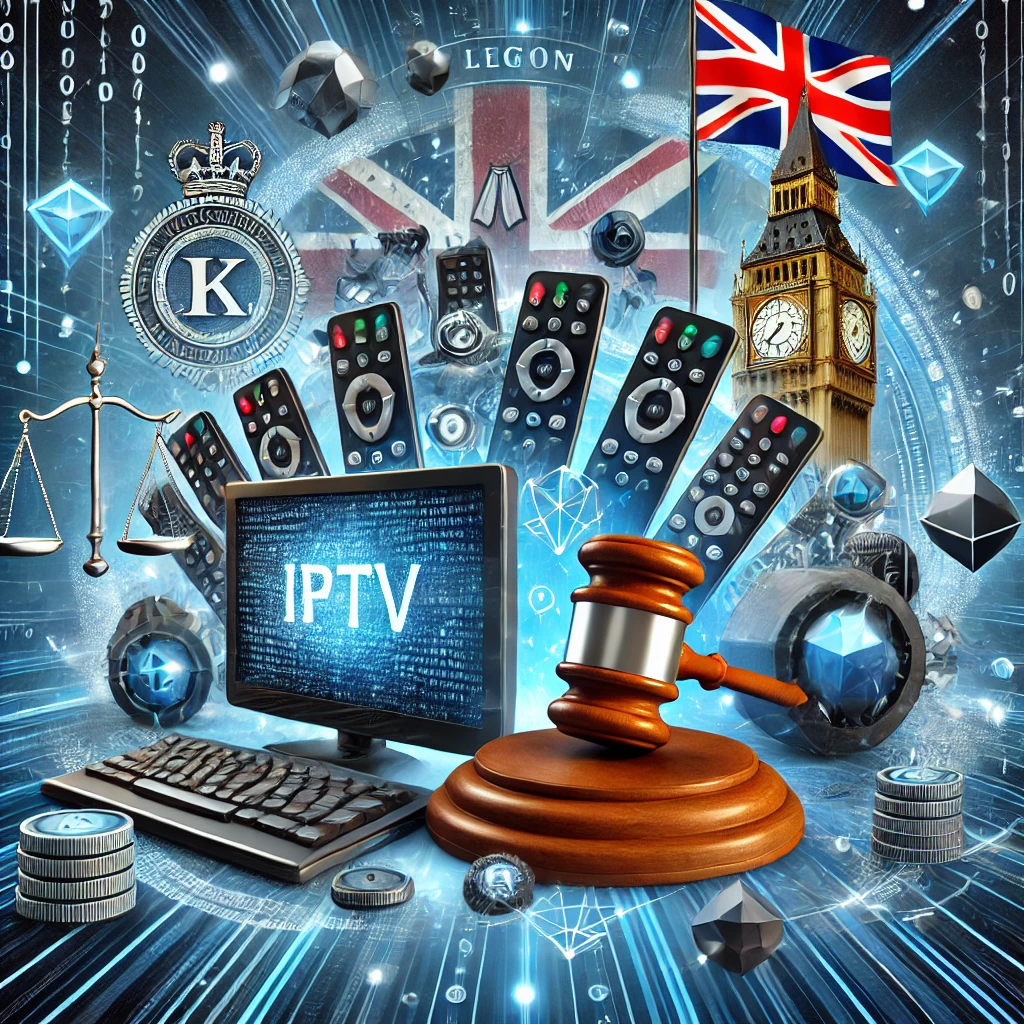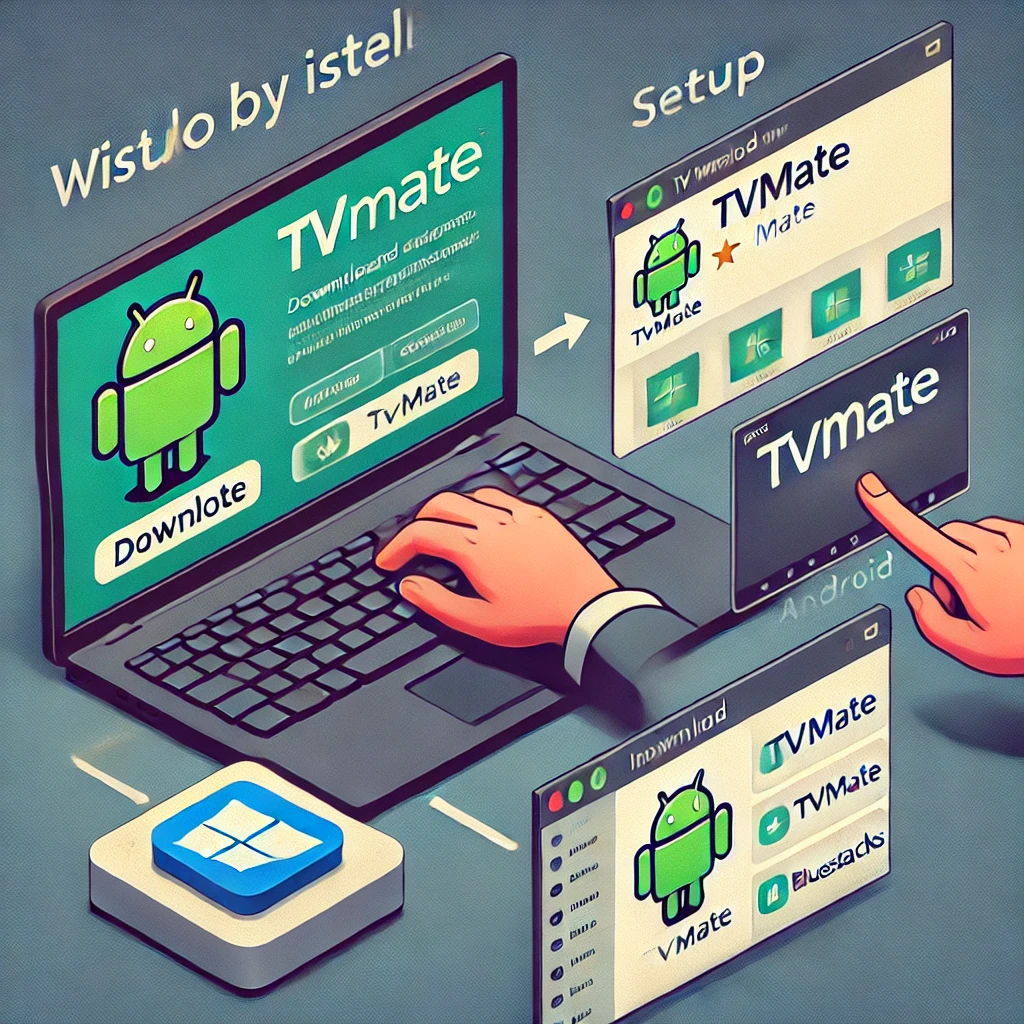IPTV Laws UK: A Comprehensive Guide
Introduction
IPTV Laws UK: A Comprehensive Guide
What is IPTV?
Understanding IPTV
IPTV stands for Internet Protocol Television, a method of delivering television content over the internet rather than through traditional terrestrial, satellite, or cable formats. This technology enables users to stream live TV channels, access video on demand (VOD), and use time-shifted media (catch-up TV).
- How IPTV Works: IPTV works by transmitting television signals through IP networks, allowing for greater flexibility and on-demand access. Unlike traditional broadcasting methods that send signals directly to a TV via an antenna or satellite, IPTV uses the internet to stream content to various devices such as smartphones, tablets, and smart TVs.
- Types of IPTV Services:
- Live IPTV: Streaming live television channels in real-time.
- VOD IPTV: Accessing a library of video content that can be watched on demand.
- Time-Shifted IPTV: Services that allow users to watch previously aired programs at their convenience.
Overview of UK Broadcasting Laws
The Legal Framework for Broadcasting in the UK
The UK has a comprehensive legal framework governing broadcasting, including IPTV services. This framework is designed to protect consumers, ensure fair competition, and uphold content standards. Key regulatory bodies include Ofcom and the Intellectual Property Office (IPO).
- Key Regulatory Bodies:
- Ofcom: The primary regulatory body responsible for overseeing telecommunications, broadcasting, and postal services in the UK. Ofcom ensures that all broadcasting standards are met and that IPTV providers operate within the legal framework.
- Intellectual Property Office (IPO): Ensures that copyright laws are upheld and intellectual property rights are protected.
- General Overview of UK Broadcasting Laws: UK broadcasting laws cover various aspects, including licensing requirements, content standards, and the protection of intellectual property rights. These laws are designed to ensure that content is delivered in a fair, accurate, and impartial manner.
Legal Requirements for IPTV Providers
Licensing and Compliance for IPTV Providers
IPTV providers in the UK must adhere to strict legal requirements to operate legally. These requirements include obtaining the necessary licenses to distribute content, complying with broadcasting standards, and ensuring that they have the rights to all the content they broadcast.
- Licensing Requirements for IPTV Providers: To operate legally, IPTV providers must secure licenses for all the content they distribute. This involves negotiating contracts with content creators and rights holders to ensure that they have the necessary permissions.
- Necessary Permissions and Rights to Distribute Content: IPTV providers must ensure that they have the rights to all the content they broadcast. This includes obtaining licenses from content creators and rights holders.
- Compliance with Broadcasting Standards and Regulations: IPTV providers must adhere to strict broadcasting standards set by regulatory bodies such as Ofcom. This includes ensuring that content is accurate, fair, and impartial.
Risks and Penalties for Illegal IPTV Services
Understanding the Consequences of Illegal IPTV
Using illegal IPTV services poses significant risks for both providers and users. These risks include potential legal consequences, privacy breaches, and security threats.
- Legal Risks for Providers and Users: Both providers and users of illegal IPTV services can face severe legal consequences. Providers can be fined or imprisoned for distributing copyrighted content without permission. Users can also face fines and legal action for consuming illegal content.
- Potential Fines and Penalties: The UK has stringent penalties for those caught using or distributing illegal IPTV services. Under the Digital Economy Act 2017, individuals involved in the unauthorized distribution of copyrighted content can face fines of up to £5,000 and imprisonment for up to 10 years.
- Case Studies of Legal Actions Taken Against Illegal IPTV Services:
- Case Study 1: In 2019, a major IPTV operation was dismantled, resulting in several arrests and significant fines. This case highlighted the serious consequences of engaging in illegal IPTV activities.
- Case Study 2: A 2020 operation saw the shutdown of a large illegal IPTV network, with providers facing hefty fines and legal action.
How to Identify Legal IPTV Services
Tips for Choosing Legal IPTV Providers
Selecting a legal IPTV provider requires careful consideration and due diligence. Here are some tips to help you identify legitimate services:
- Red Flags of Illegal IPTV Services: Be cautious of providers offering extremely low prices, unrealistic promises of unlimited content, or those that operate without clear licensing information.
- Verifying the Legitimacy of an IPTV Provider: Check for licensing information on the provider’s website, read reviews from reputable sources, and verify their compliance with broadcasting standards.
- Importance of Licensing and Compliance: Ensure that the IPTV provider has obtained the necessary licenses and complies with all relevant regulations. Legal providers often display their licensing information prominently on their websites.
Questions to Ask Your IPTV Provider
Before subscribing to an IPTV service, ask the following questions to ensure they operate legally:
- Is the Service Licensed?: Ensure the provider has the necessary licenses to distribute the content they offer.
- What Content Rights Do They Hold?: Verify that they have obtained permission from content creators and rights holders.
- Are There Any Guarantees or Legal Assurances?: Check if the provider offers any guarantees or assurances regarding the legality and quality of their service.
Impact of Technology on IPTV Laws
Technological Advancements and Their Legal Implications
Technological advancements play a significant role in shaping IPTV laws and ensuring compliance. Innovations such as blockchain and artificial intelligence (AI) help improve compliance and reduce the risk of illegal distribution.
- Role of Blockchain and AI in Ensuring Compliance: Blockchain technology can enhance security and transparency in content distribution, while AI can help monitor and enforce compliance with broadcasting standards.
- How Technology Helps in Monitoring and Enforcing IPTV Laws: Advanced technologies enable regulatory bodies to monitor IPTV services more effectively and identify illegal activities. This helps in enforcing compliance and protecting intellectual property rights.
- Future Technological Trends and Their Potential Impact on IPTV Laws: As technology continues to evolve, new trends such as 5G and augmented reality (AR) may impact IPTV laws and regulations. These technologies can enhance the user experience and create new opportunities for content distribution.
FAQs About IPTV Laws in the UK
Frequently Asked Questions
Is IPTV legal in the UK?
- IPTV is legal in the UK as long as the service provider has obtained the necessary licenses and complies with broadcasting standards.
What are the legal requirements for IPTV providers?
- IPTV providers must secure licenses for all the content they distribute, comply with broadcasting standards, and ensure they have the rights to broadcast the content.
Can users face penalties for using illegal IPTV services?
- Yes, users of illegal IPTV services can face fines and legal action. Authorities in the UK actively pursue and prosecute individuals involved in the consumption of illegal IPTV services.
How can I verify if an IPTV service is legal?
- Check for licensing information on the provider’s website, read reviews from reputable sources, and ensure the provider complies with broadcasting standards.
Conclusion
Summary of IPTV Laws in the UK
Understanding IPTV laws in the UK is crucial for both providers and users. While IPTV offers numerous benefits and a wide range of content options, it is essential to choose legal services to avoid potential risks and consequences. Legal IPTV services provide high-quality streaming, reliable customer support, and peace of mind regarding legal issues. By staying informed and choosing reputable providers, users can enjoy their favorite content without worry.
Call to Action
Stay Informed About IPTV Laws
Stay informed about the latest developments in IPTV legality and compliance by subscribing to our newsletter. Follow us on social media for updates, tips, and the latest news in the IPTV industry.
By following this comprehensive guide, you can make informed decisions about IPTV services in the UK and enjoy a safe and legal viewing experience.




Recent Comments